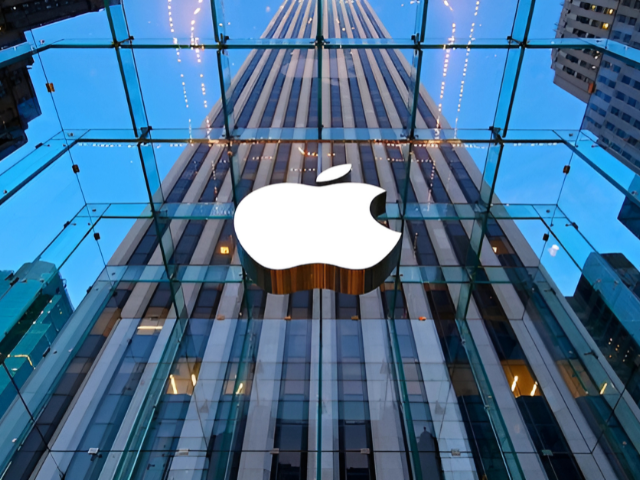Harnessing AI: The Next Wave of Technological Transformation
Author: Tech Analyst

Artificial intelligence (AI) is poised to revolutionize industries at an unprecedented pace. Companies like Apple and Microsoft are actively exploring AI's potential to enhance their product offerings and internal processes. As AI tools and technologies mature, their implementation is expected to bring about significant improvements in efficiency, design, and strategic decision-making. This article explores how companies are leveraging AI, recent developments in the technology sector, and the implications for the future.
Apple, known for its innovative approach to technology, is reportedly looking to employ generative AI to accelerate the design and development of its next-generation chips. The company's Senior Vice President, Johny Srouji, emphasized that AI could significantly optimize the custom chip design process, making it more efficient and effective. By integrating AI into its workflows, Apple aims to enhance its competitive edge in the semiconductor industry, which is critical for powering its devices.

Apple is harnessing AI for next-generation chip design, potentially altering its technological landscape.
Meanwhile, Microsoft is navigating a complex relationship with OpenAI, as reports indicate the tech giant may be reconsidering its investment terms with the AI startup. This comes amidst discussions of alleged anticompetitive behavior by OpenAI, which has been considering reviewing the terms of Microsoft's stake in their company. As Microsoft shifts its focus towards AI and data centers, it faces crucial decisions regarding its investments and partnerships.
The disruption caused by AI is not limited to product development and business strategies. The legal sector is also experiencing significant changes due to the introduction of AI technologies in courtrooms. Courts are starting to utilize generative AI, such as ChatGPT, to assist in legal processes, which brings both opportunities and challenges related to justice and fairness. This shift may lead to more efficient legal proceedings but requires careful consideration of ethical implications.
In addition to these major players, Google is expanding its AI capabilities with the recent launch of 'Search Live', a voice-powered feature aimed at enhancing user experience. This feature is currently available only for iOS and Android users in the United States, showcasing Google's commitment to integrating AI into its services and providing innovative solutions to its users.

Google's 'Search Live' feature represents an exciting development in user interaction through AI.
As various tech companies embrace AI in their operations, there is a growing need for businesses to adapt their workforce strategies. Microsoft's announcement of potential job cuts is a particularly stark example of how AI can influence employment. As more companies automate processes and rely on AI, the workforce must evolve to meet new demands for skills and expertise in AI technology.
Furthermore, Honor is also entering the foldable technology space with its ultra-slim Magic V5, which is being positioned as a competitor to the Galaxy Z Fold 7. This move demonstrates the ongoing innovation in the smartphone sector and the role AI plays in shaping product features and consumer expectations.

Honor's Magic V5 showcases cutting-edge design as it aims to captivate the foldable smartphone market.
The AI wave is reshaping not only technology but also societal interactions. As generative AI becomes more integrated into daily life, from virtual assistants to automated customer service, public perception and regulatory frameworks will have to adjust accordingly. Policymakers will need to address the implications of AI in various sectors, ensuring that progress does not come at the expense of ethical considerations.
In conclusion, as AI continues to penetrate different sectors, companies must navigate the opportunities and challenges it presents. Organizations like Apple, Microsoft, and Google are leading the charge, pushing the boundaries of innovation and operational efficiency. However, alongside these advancements, the need for a thoughtful approach to ethical, legal, and social implications remains imperative to ensure that AI benefits society as a whole.